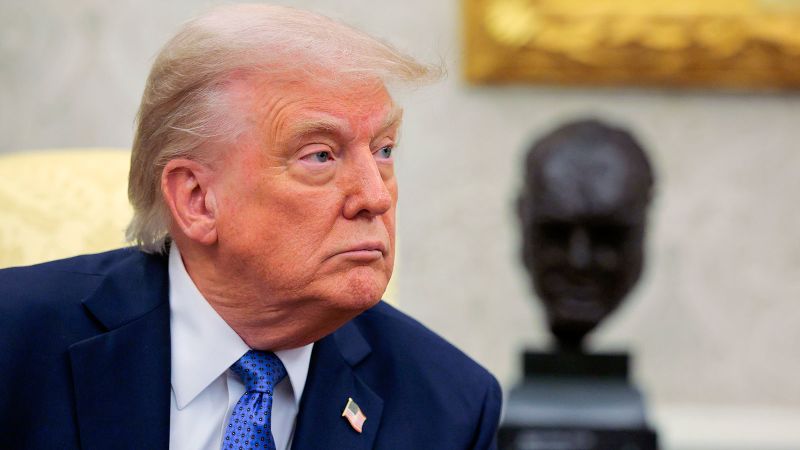President Donald Trump’s approach to the Ukraine conflict and his relationship with Russian President Vladimir Putin are under scrutiny, revealing a biased stance that undermines the US’s reputation as an impartial peace mediator. Trump’s favoritism towards Russia’s positions, despite Moscow’s initiation of the war, suggests a skewed perspective where he believes Kyiv lacks leverage. While Trump claims his actions are driven by a desire to save lives, critics highlight his vague language and unconventional statements about the conflict.
Following a deadly missile strike on Kyiv by Russia, Trump’s response appeared lackluster, focusing more on the timing of the attacks than the civilian casualties. His reluctance to hold Putin directly accountable contrasts sharply with his critical tone towards Ukrainian President Volodymyr Zelensky. Trump’s defensive posture when questioned about Russia’s concessions in the conflict reflects a concerning alignment with Putin’s viewpoint, ignoring Ukraine’s heroic defense efforts and external support.
Despite asserting pressure on Russia, Trump’s failure to take decisive actions to end the war raises doubts about his commitment. Privately frustrated with the lack of progress in peace talks, Trump’s reluctance to employ coercive measures against Russia, such as increased military aid to Ukraine or imposing sanctions, suggests a concerning hesitancy to confront Russian aggression. This inconsistent approach risks further harm to Ukraine and undermines efforts for a just resolution to the conflict.

